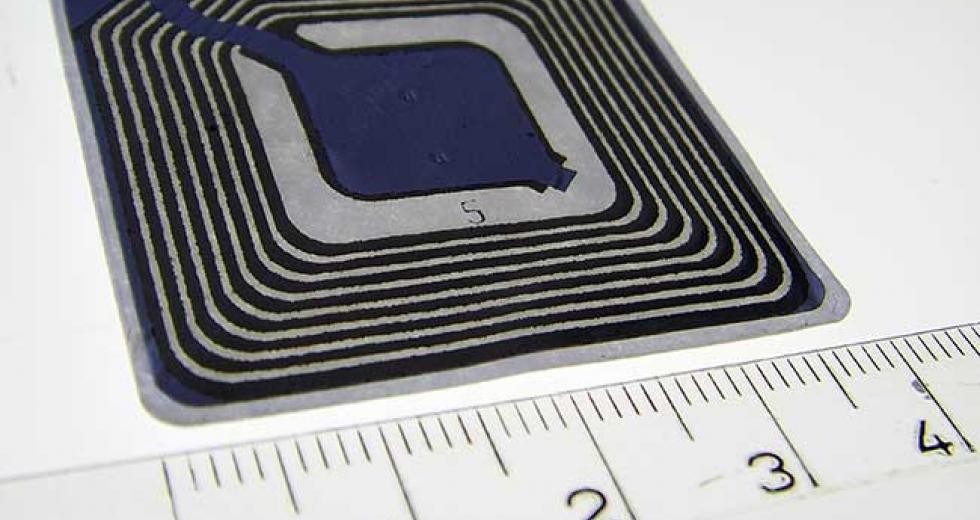
Those chips emit a signal enabling the authorities to track students—treating human beings like inventory and infringing on their rights and privacy, as critics maintain.
And one of the leading opponents of this form of human tracking, parent Steve Hernandez, is staying in the fight—ever since his daughter, Andrea, sparked and led a student resistance to Northside’s costly RFID plans. Her activism, starting in 2012, mushroomed into a growing movement to challenge this kind of monitoring across the nation and even overseas.
By November of 2013, the entire Hernandez family attended an American Free Press (AFP) conference in Austin, Texas to recap the fact that they had made Northside blink and suspend the RFID program. AFP celebrated their victory with them at that gathering.
But Steve and Andrea won that fight because they won’t back down and they know what may lurk behind the scenes. Nowadays, Steve believes that Northside may try to re-install RFID when his daughter, now a senior, graduates in June or his activist son, Vincent, graduates two years later.
“They’re being very quiet right now . . . too quiet,” Steve told AFP about Northside.
As they say, however, you have to “head ‘em off at the pass.” As of this writing, Steve informed this writer that the tremors from his daughter’s efforts are still being felt in the Texas legislature. And State Sen. Lois Kolkhorst (formerly a state representative) has introduced anti-RFID legislation, Senate Bill 486, which says, in part:
A school district may not require a student to use an identification device that uses active radio frequency identification technology or similar technology to identify the student, transmit information regarding the student, or track the location of the student.
A key thing to consider here is that new Texas Governor Greg Abbott has a respectable track record for liberty, especially his solid national opposition when he was state attorney general against the UN Arms Trade Treaty two years ago this month.
So, if this bill is not watered down and becomes law, the chances of Northside reviving its use of RFID, or any other Texas school district doing so, will become highly unlikely and a major victory will be won in the Lone Star State—which could ripple across the nation.
And here’s the online link to the bill: http://www.capitol.state.tx.us/BillLookup/History.aspx?LegSess=84R&Bill=SB486
Hernandez said of Sen. Kolkhorst, “The bill has been referred to the Senate Education Committee and her office reached out to me about putting together a witness list for the hearing.”
At first blush, Kolkhorst appears to be a good ally for Steve. She has led several statewide initiatives and written bills into law that have broadly impacted Texas law.
Protecting property rights, she made national news for organizing resistance to the Trans-Texas Corridor network of foreign-owned toll roads which, if ever completed, would result in massively-wide express routes for free-trade truck and rail deliveries across the American heartland into Canada, threatening local economies along the way, via the “NAFTA-CAFTA express.”
This writer will continue to monitor the bill’s content, possible amendments and progress.
